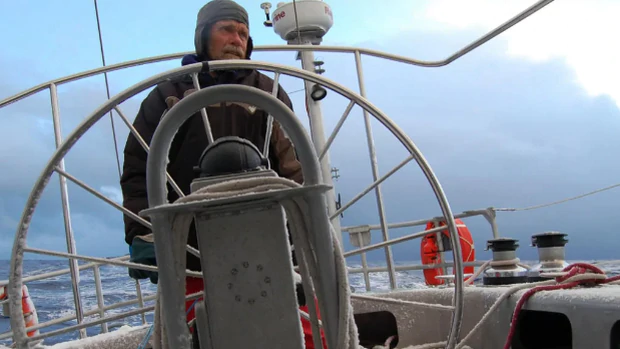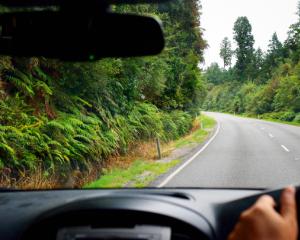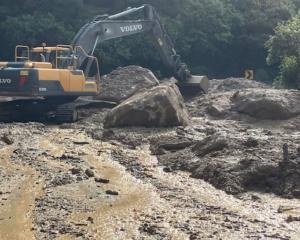
A professional boatbuilder, yachtsman and founding partner of Cavalier Yachts in the 1970s, Peter Smith's latest venture has found him in hot water with Canadian authorities.
The 72-year-old is sailing the Northwest Passage, a sea route connecting the Atlantic and Pacific Oceans through the Canadian Arctic Archipelago - against Covid restrictions.
Canadian authorities have prohibited pleasure craft from sailing in Arctic waters, in a bid to better protect Arctic communities from the spread of Covid-19.
And yet Smith's custom vessel, the Kiwi Roa, was spotted off the coast of Cambridge Bay, Nunavut on August 20, according to a social media post by a local observer with the Inuit Marine Monitoring Program.
Transport Canada warned Smith "to depart Canadian waters and not make landfall", a spokesperson told CBC News.
The Canadian Coast Guard would monitor the vessel's transit as it left Canadian waters.
But Smith told CBC that the wording of the original Transport Canada ban was "ambiguous", saying the incident is one of bureaucracy "out of control".
"I am a yacht, not a bloody cruise ship," he said.
Smith, who has lived aboard the custom-built Kiwi Roa for 26 years, told CBC News the wording of the Canadian ban does allow for foreign vessels to exercise the right of "innocent passage" in Canadian waters, which Smith says he is now relying on "as a last resort".
But Canada's official position is that the Northwest Passage counts as "internal waters" - a position challenged by the United States and several other countries - so that right doesn't apply.
"Canada has no legal right to apply Canadian law to a foreigner in [an] international waterway," Smith told the publication.
"Half the world does not recognise Canada's claims and this needs to be sorted out."
According to his website, Smith's extensive offshore itinerary includes the 5500 nautical mile passage across the Southern Ocean from New Zealand to Chile, as well as exploring Patagonia, Antarctica, and the South Atlantic islands of the Falklands and South Georgia.
He told CBC News he had never intended to stop at any place of habitation, calling the concerns that he might spread Covid-19 to locals "overblown".
"I am 72 [years] old with a history of lung problems from my job as a boat builder," he said.
"I am much more at risk from the villages than they are from me. I respect the locals wish to be left alone. I am not a tourist."
And with an estimated two to three weeks sailing time before he exits the Lancaster Sound and enters international waters again, Smith is adamant he will not be turned around.
"They would need a SWAT team to make me do that," told CBC News.
Smith's final destination, Lisbon, Portugal, is around eight weeks' travel time away via the Northwest Passage, he said.
He said he only found out six days before he left Nome, Alaska, that his trip would not be allowed.
So, he stopped reporting his location to Transport Canada, which he'd been communicating with prior.
Since being spotted off the coast of Cambridge Bay, Nunavut, Smith had agreed to provide daily position reports to Transport Canada - but only once a day, not twice, as requested by the authority.
The Canadian Coast Guard told CBC News it would "not hesitate to take appropriate enforcement action" against Smith, including imposing fines of up to $5000, if he was found to have broken the law.












